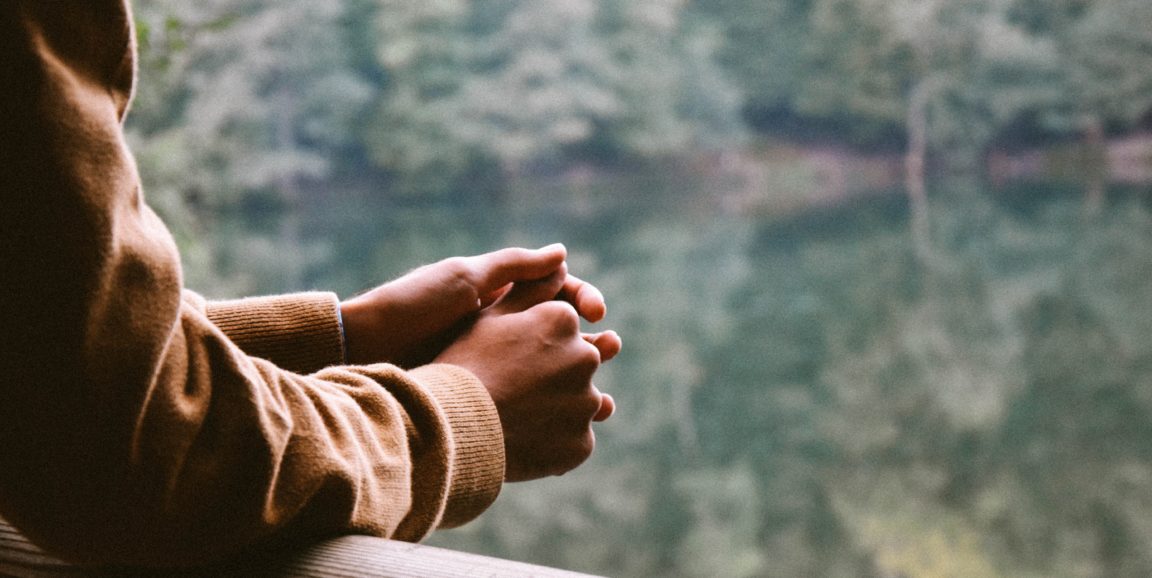Two weeks ago, researchers at Harvard published a study that looked at mental health issues in economics graduate students at several universities. They found that levels of moderate to severe anxiety and depression in these students were three times greater than the national average. In the same study, 1 in 10 students reported having suicidal thoughts over the past two weeks.
If you've spent any time in academia, none of this probably surprises you. Whether it's the immense pressure from an adviser to publish a high-impact paper or the dwindling savings (if any at all) in your back account as the months tick by, there's a lot in graduate school to talk about with your therapist.
Yet as common as mental health issues are in the graduate student community, reports of the ongoing "mental health crisis" continue to make national and international news. Why is this alarming to so many people? Part of the reason, I believe, is because very few students openly discuss mental health. The taboo surrounding mental health problems is frustratingly pervasive. I would often look around the room during classes and meetings at my fellow classmates in bewilderment -- could I really be the only one struggling?
Earlier this year, I spent a week at Stanford hospital's psychiatric unit after preparing to end my life. I felt weak and ashamed, though I was thankful to have support from my graduate program and my director, who understood my situation and supported taking time off school to focus on my health.
Several months later, I chose to post about my experience on Facebook. While my decision to share such intimate information raised some eyebrows at the time, my reason for doing so was simple. I hated feeling like I was carrying a big secret inside of me. Bottling up my emotions, after all, hadn't exactly worked out well for me. After I posted about it on social media, I was overwhelmed by the number of private messages that I received from friends at Stanford who were also struggling. It was then that I decided to try and publish my story to a wider audience.
Last week, my story appeared in the November 30 print issue of Science. My greatest hope is that reading these personal stories will spark conversations. Conversations among family, colleagues, friends, and most importantly, among readers.
It's easy to focus all our energies on achieving our next big goal while losing sight of our own emotions. But our feelings, struggles, hopes, and fears are valid. Seeking help isn't weakness -- it's evidence that you have the wisdom that none of us can do it alone. To those who have struggled: Know you have the strength to persevere. And if you ever feel like life has beaten out of you the will to stand, know that you have a community of people whose shoulders you can lean on.
Francis Aguisanda is a doctoral student in the Stem Cell Biology and Regenerative Medicine.
Individuals in crisis can receive help from the Santa Clara County Suicide & Crisis Hotline at (855) 278-4204. Help is also available from anywhere in the United States via Crisis Text Line (text HOME to 741741) or the National Suicide Prevention Lifeline at (800) 273-8255. All three services are free, confidential and available 24 hours a day, seven days a week.
Photo by Ümit Bulut






